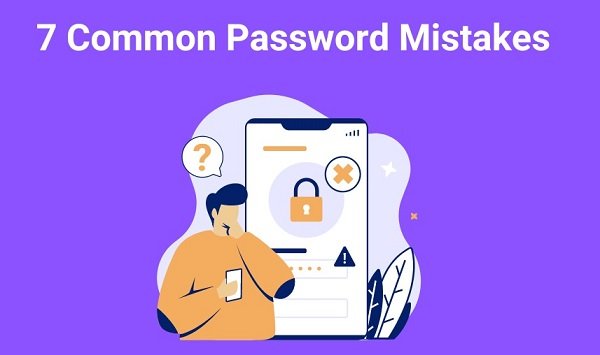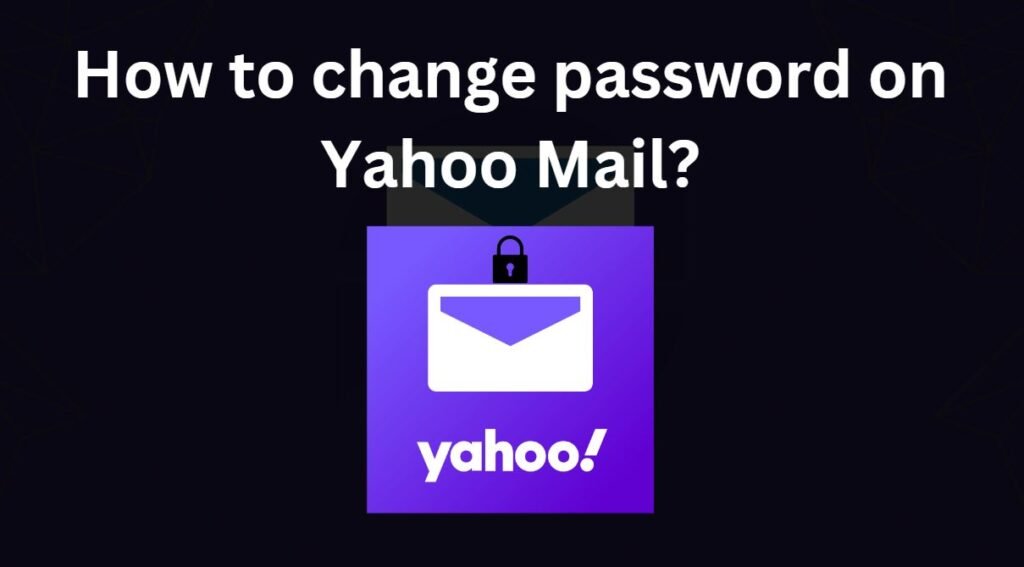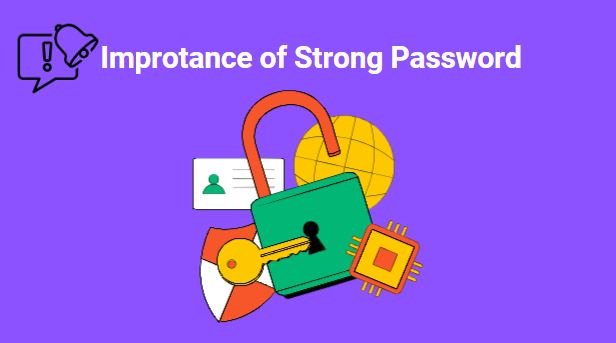| Unlock the Secrets to Password Power! 💪🧠 Discover how to craft impenetrable passwords, ditch password reuse, and safeguard your online life from cyber threats. 🔒🔐 |

When it comes to online security, one of the most crucial aspects is having a strong and secure password. Unfortunately, many people still make common password mistakes that put their personal information at risk. In this blog post, we will highlight some of these mistakes and provide tips on how to avoid them.
Mistake 1: Using Weak Passwords
One of the biggest mistakes people make is using weak passwords. A weak password is one that is easy to guess or crack, such as “password” or “123456”. These passwords can be easily brute-forced by hackers, leaving your accounts vulnerable to unauthorized access.
To avoid this mistake, make sure to create a password that is at least 8 characters long and includes a combination of uppercase and lowercase letters, numbers, and special characters. Avoid using common words or personal information that can be easily guessed.
Mistake 2: Using the Same Password for Multiple Accounts
Another common mistake is using the same password for multiple accounts. While it may be convenient to have one password for everything, it also means that if one account is compromised, all your other accounts are at risk too.
To avoid this mistake, use a unique password for each account. If remembering multiple passwords is a challenge, consider using a password manager to securely store and generate strong passwords for you.
Mistake 3: Not Updating Passwords Regularly
Many people set a password and forget about it, using the same one for years on end. However, this is a dangerous practice as it increases the likelihood of your password being compromised.
Make it a habit to update your passwords regularly, ideally every 3-6 months. This will help protect your accounts from any potential breaches and keep your information secure.
Mistake 4: Falling for Phishing Scams
Phishing scams are a common method used by hackers to trick people into revealing their passwords and personal information. They often come in the form of fake emails or websites that mimic legitimate ones.
To avoid falling for phishing scams, always double-check the URL of a website before entering your login credentials. Be cautious of emails asking for personal information and never click on suspicious links.
Mistake 5: Ignoring Two-Factor Authentication
Two-factor authentication (2FA) adds an extra layer of security to your accounts by requiring a second form of verification, such as a code sent to your phone, in addition to your password. Unfortunately, many people ignore this option, leaving their accounts vulnerable.
Whenever possible, enable two-factor authentication for your accounts. It may take a few extra seconds to log in, but it significantly reduces the risk of unauthorized access.
Mistake 6: Sharing Password
Sharing passwords is a common mistake that can have serious consequences. When you share your password with someone, you are essentially giving them access to your personal information and accounts. This can put you at risk of identity theft, financial fraud, and other cybercrimes.
Never share your passwords in person, over the phone, or through email. Even if you trust the person you’re talking to, there’s always a risk that your conversation could be intercepted.
Mistake 7: Writing Down the Password
Writing down passwords is a common mistake that people make, but it can also be a major security risk. If someone finds a written list of your passwords, they can easily access all of your accounts and steal your personal information.
A password manager is a software application that can help you create, store, and manage your passwords securely. Password managers are a convenient and secure way to store your passwords.
Two-factor authentication is an extra layer of security that can help to protect your accounts. When you sign in to your account, you will be required to enter both your password and a code that is sent to your phone or email.
Common Password Mistakes
By avoiding these common password mistakes, you can greatly enhance the security of your online accounts. Remember to use strong passwords, avoid reusing them, update them regularly, stay vigilant against phishing scams, and enable two-factor authentication whenever possible. Your personal information deserves the best protection, so don’t let these common password mistakes put you at risk.


